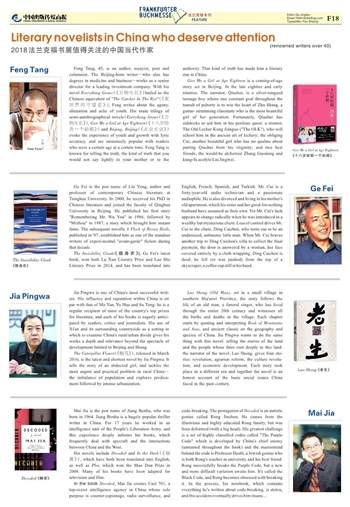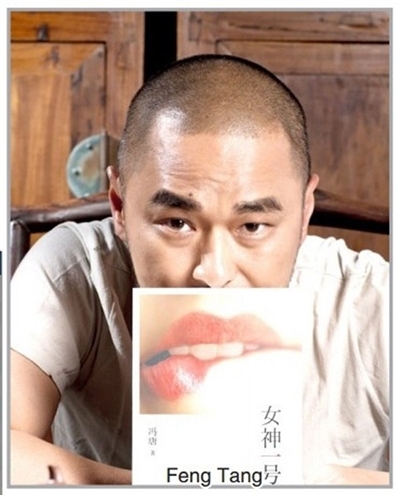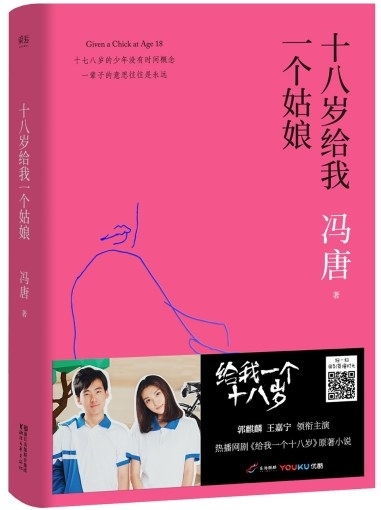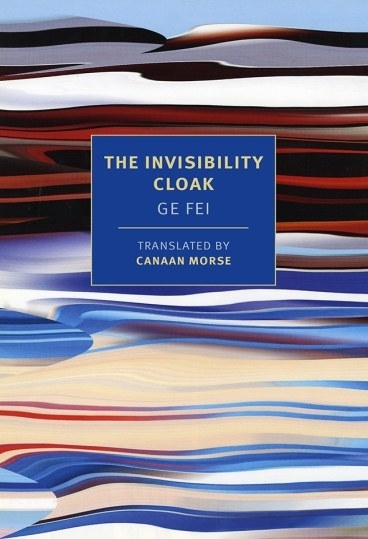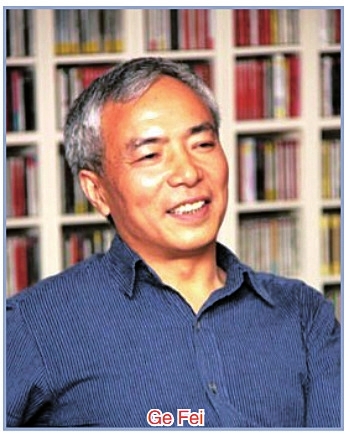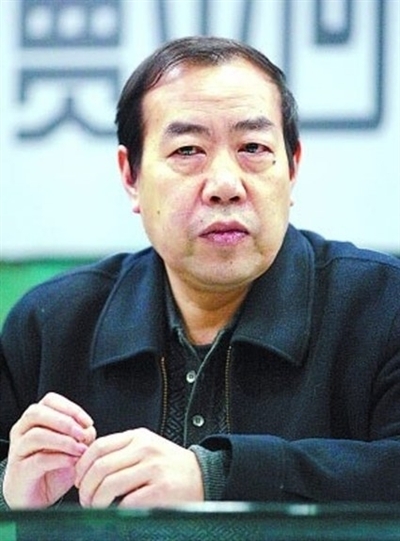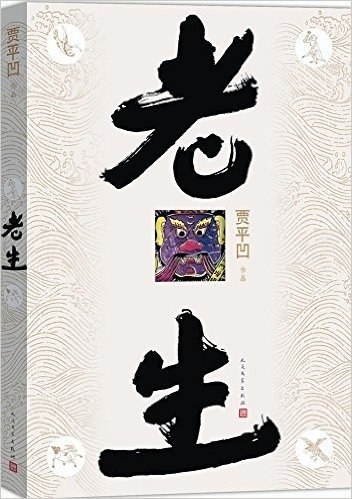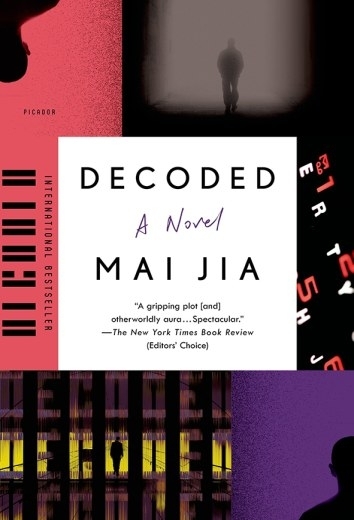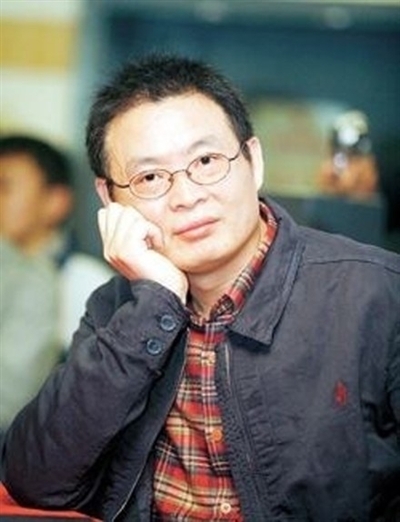Give Me a Girl at Age Eighteen is a coming-of-age story set in Beijing. In the late eighties and early nineties. The narrator, Qiushui, is a silver-tongued teenage boy whose one constant goal throughout the tumult of puberty is to win the heart of Zhu Shang, a guitar- strumming classmate who is the most beautiful girl of her generation. Fortunately, Qiushui has sidekicks to aid him in his perilous quest: a mentor, The Old Lecher Kong Jianguo ("The OLK"), who will school him in the ancient art of lechery; the obliging Cui, another beautiful girl who has no qualms about parting Qiushui from his virginity; and two best friends, the would-be alchemist Zhang Guodong and kung-fu acolyte Liu Jingwei.
Ge Fei is the pen name of Liu Yong, author and professor of contemporary Chinese literature at Tsinghua University. In 2000, he received his PhD in Chinese literature and joined the faculty of Qinghua University in Beijing. He published his first story "Remembering Mr. Wu You" in 1986, followed by "Mizhou" in 1987, a story which brought him instant fame. The subsequent novella A Flock of Brown Birds, published in '87, established him as one of the standout writers of experi-mental "avant-garde" fiction during that decade.
The Invisibility Cloak(《隐身衣》), Ge Fei's latest book, won both Lu Xun Literary Prize and Lao She Literary Prize in 2014, and has been translated into English, French, Spanish, and Turkish. Mr. Cui is a forty-year-old audio technician and a passionate audiophile. He is also divorced and living in his mother's old apartment, which his sister and her good-for-nothing husband have assumed as their own. Yet Mr. Cui's luck appears to change radically when he was introduced to a wealthy but mysterious client. Loss of control drives Mr. Cui to the client, Ding Caichen, who turns out to be an undersized, asthmatic little man. When Mr. Cui braves another trip to Ding Caichen's villa to collect the final payment, the door is answered by a woman, her face covered entirely by a cloth wrapping. Ding Caichen is dead; he fell (or was pushed) from the top of a skyscraper, a coffee cup still in his hand.
Jia Pingwa is one of China's most successful writers. His influence and reputation within China is on par with that of Mo Yan, Yu Hua and Su Tong: he is a regular recipient of most of the country's top prizes for literature, and each of his books is eagerly anticipated by readers, critics and journalists. His use of Xi'an and its surrounding countryside as a setting in which to examine China's rural/urban divide gives his works a depth and relevance beyond the spectacle of development limited to Beijing and Shang.
The Caterpillar Flower(《极花》), released in March 2016, is the latest and shortest novel by Jia Pingwa. It tells the story of an abducted girl, and tackles the most urgent and practical problem in rural China— the imbalance of population and explores predicament followed by intense urbanization.
Lao Sheng (Old Man), set in a small village in southern Sha'anxi Province, the story follows the life of an old man, a funeral singer, who has lived through the entire 20th century and witnesses all the births and deaths in the village. Each chapter starts by quoting and interpreting Book of Mountains and Seas, and ancient classic on the geography and species of China. Jia Pingwa wants to do the same thing with this novel: telling the stories of the land and the people whose fates root deeply in this land. the narrator of the novel,Lao Sheng, gives four stories: revolution, agrarian reform, the culture revolution, and economic development. Each story took place in a different era and together the novel is an honest account of the basic social issues China faced in the past century.
Mai Jia is the pen name of Jiang Benhu, who was born in 1964. Jiang Benhu is a hugely popular thriller writer in China. For 17 years he worked in an intelligence unit of the People's Liberation Army, and this experience deeply informs his books, which frequently deal with spycraft and the interactions between China and the West.
His novels include Decoded and In the Dark(《暗算》),which have both been translated into English, as well as Plot, which won the Mao Dun Prize in 2008. Many of his books have been adapted for television and film.
In the book Decoded, Mai Jia creates Unit 701, a top-secret intelligence agency in China whose sole purpose is counter-espionage, radio surveillance, and code-breaking. The protagonist of Decoded is an autistic genius called Rong Jinzhen. He comes from the illustrious and highly educated Rong family, but was born deformed (with a big head). His greatest challenge is a set of highly classified codes called "The Purple Code" which is developed by China's chief enemy (unnamed throughout the book) and the mastermind behind the code is Professor Heath, a Jewish genius who is both Rong's teacher in university and his best friend. Rong successfully breaks the Purple Code, but a new and more difficult variation awaits him. It's called the Black Code, and Rong becomes obsessed with breaking it. In the process, his notebook, which contains everything he's written about code-breaking, is stolen, and this accident eventually drives him insane...
